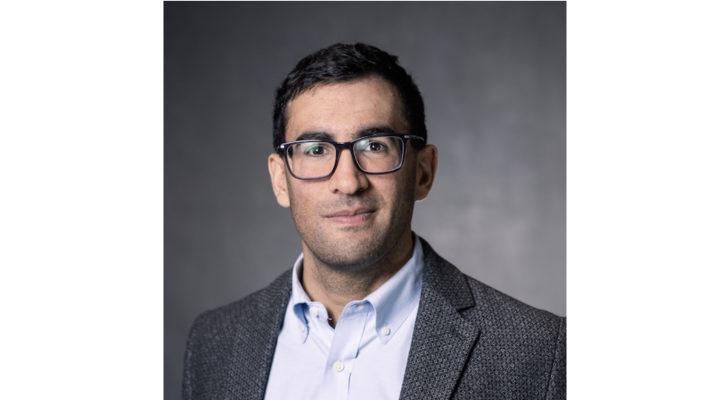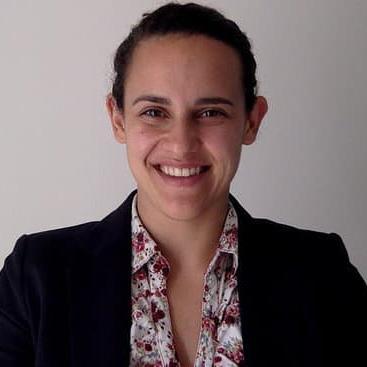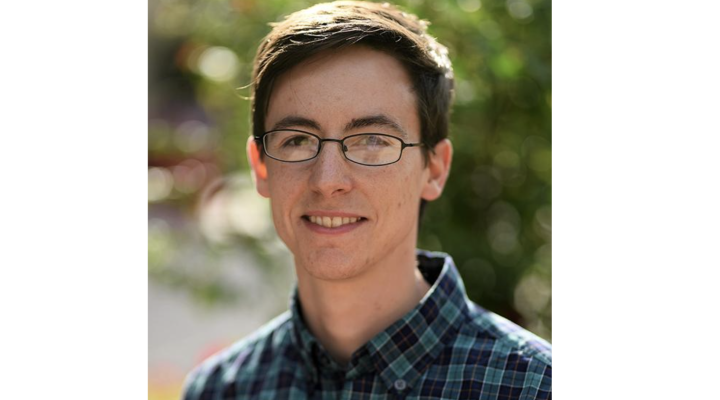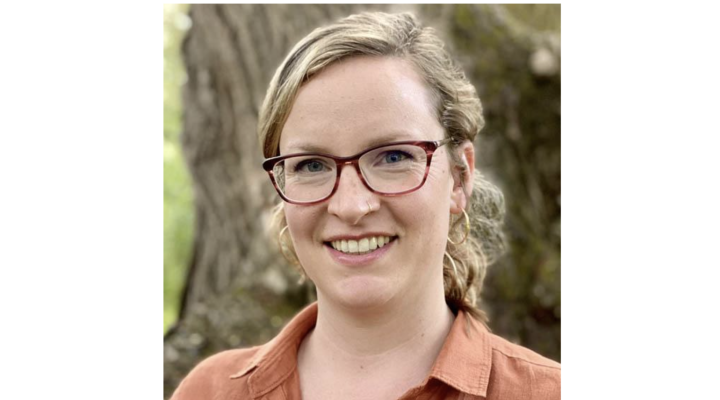Assistant professor, Earth and Atmospheric Sciences
Research summary: My research as a biogeochemist focuses on describing the variety of near-surface water-rock interactions that shape our landscapes, generate our water quality, and drive global cycling of elements important in regulating Earth’s climate. Studying how water travels and interacts with its surrounding media in the subsurface beneath our feet is a difficult undertaking because we can’t get any direct access to it through non-intrusive means. To circumvent this problem, I rely on indirect methods, notably a suite of environmental tracers such as isotopes and trace elements that allow us to fingerprint the various chemical, biological, and hydrological processes integrated in our surface, soil, and groundwater chemistry. This work is inherently interdisciplinary and involves a combination of laboratory, field, and numerical modeling approaches.
What inspired you to pursue a career in this field? Coming from a chemistry background in college, I found myself drawn to the complexity of the Earth’s surface - the ultimate reactor – governed by an incredible ensemble of chemical reactions, shifting, and evolving across scales from the atomic to the ocean or our largest river basins and over geologic timescales. It’s the equivalent of a physicist looking up at the cosmos and being awestruck by the sheer diversity of galaxies, stars, and planets that make up our universe. Unpacking the fundamental threads that shape the Earth’s surface is daunting – each piece of the puzzle you could spend an entire lifetime or hundreds of lifetimes trying to solve. Yet, for me it’s this challenge that makes the field so captivating. I am constantly humbled by how much I don’t know and always find myself learning something new. I love the comradery of my field, the collaborative and interdisciplinary nature of the work, that requires a team effort to tackle such large problems. I also deeply appreciated the diversity of problems and systems you can explore. At any given moment, you can switch from a project looking at small watersheds to large sedimentary basins, hydrothermal systems to sediment deposition in the ocean, or urban environments. There is never a boring day!
Being Hispanic and part of the LBGTQ community, I have encountered many hurdles along my academic journey. I would never have been able to navigate this path alone without the support and guidance of family, friends, and mentors. From my parents who always provided unconditional love and confidence in my choices regardless of how foreign the idea of graduate school seemed to them; to my high school and my mentors there who lit my passion for science and played such a prominent role in my development; to my college mentors and the URM undergraduate research program I was fortunate to be a part of at Stanford University (SURGE). Through this incredible support system every mountain to overcome became a speed bump - for that I am forever grateful. They are always a constant inspiration for me to pursue this career and I largely credit them for even having this opportunity to do research and education as a living.
What are you most looking forward to as a Cornell Engineering faculty member? As a Cornell Engineering faculty member, I am most looking forward to learning from and having the opportunity to collaborate with our faculty who are some of the most prominent minds in their respective fields. It’s really a privilege in this regard to come to work every day and be surrounded by such amazing faculty.
On a similar note, I am both thrilled and a bit anxious about being a teacher and mentor to students. I, along with most of the faculty here, have an insatiable passion for learning and I hope to be able to transmit that to my students. With the challenges that currently face us as a society such as climate change, water quality and sustainability, land use and cover changes, and other anthropogenic forcing modifying the Earth surface system, I feel a strong responsibility to ensure that my students are trained appropriately and are equipped with the necessary tools to confront their future. I embrace the opportunity to be a mentor and pay forward all the mentorship and support I received along my journey to those just starting theirs. Being part of a student’s success is one of the most rewarding aspects of being a professor.
What do you like to do when you’re not working? I have always been someone with a lot of energy and, as such, athletic activities has been my primary outlet. In what seems like a prior life, I was a division one athlete in field hockey and played competitively in ice hockey so doing physical activities is primordial to my well-being. I love to run, hike, climb, skate and ski. Ithaca is an amazing place to live in this regard! Sometimes I dabble in other team sports, the last one being rugby where I was able to reconnect with my love for contact sports and learn a new language along the way (French!). As a big sports geek, I also spend my down time listening to sports radio, mostly Boston based (my hometown). On the rare occasion where I can read for fun, I love diving into books on history on all subjects with a particular emphasis on first person accounts and biographies.
Learn more at Nicole's faculty page.





